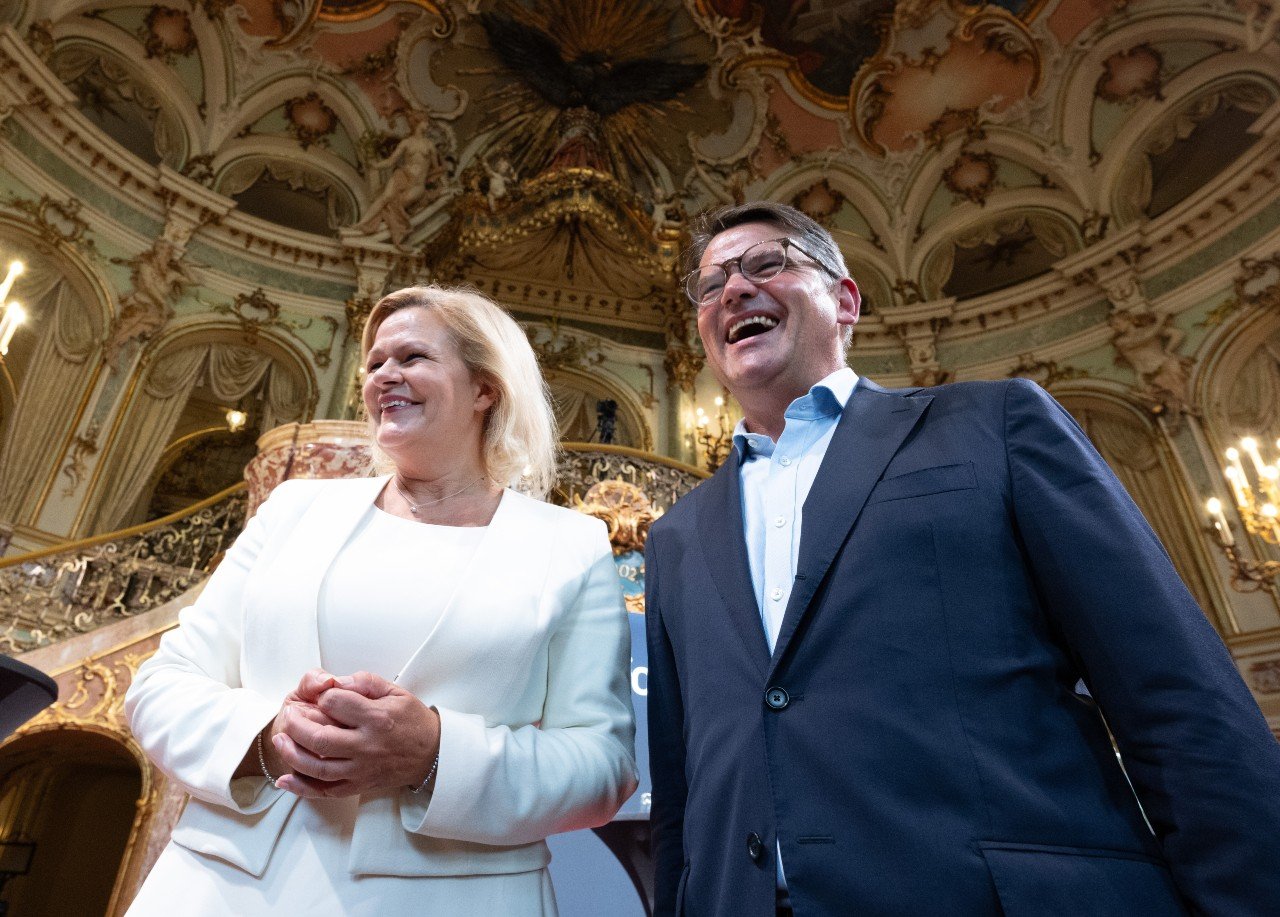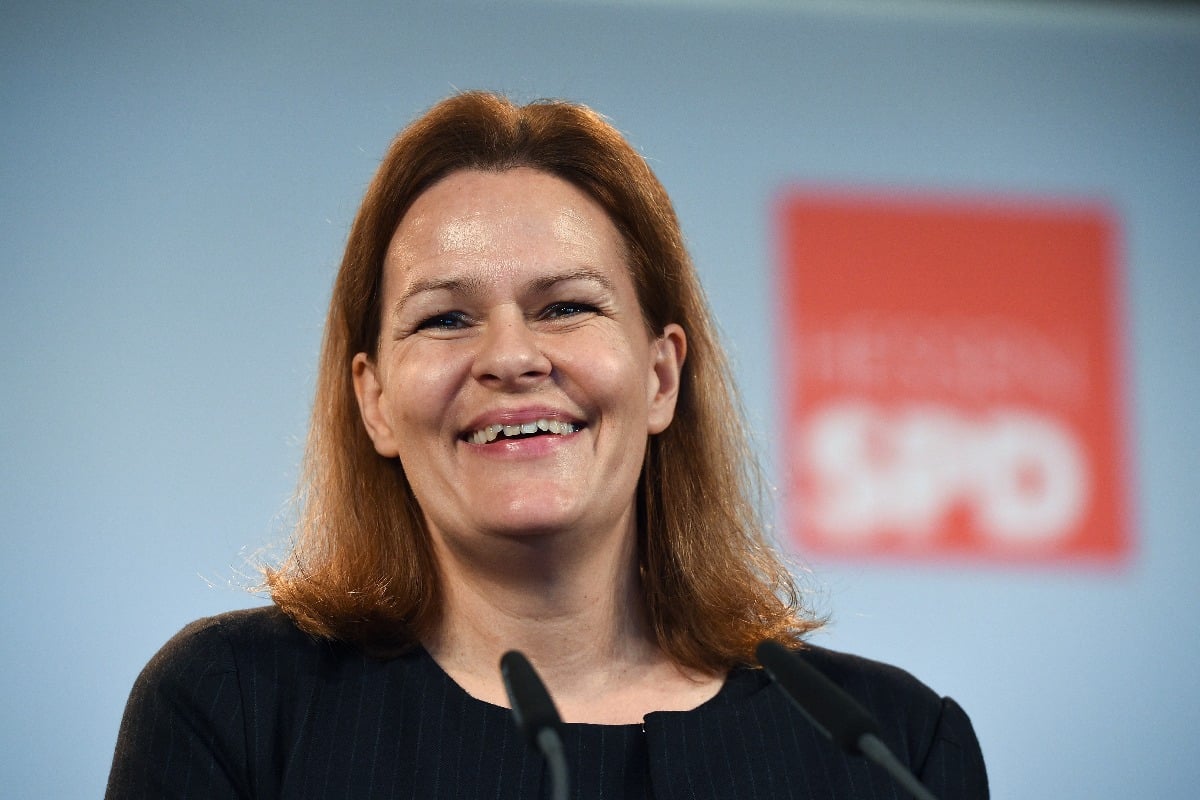The bloody attack took place outside St. Kilian's church in the western city of Heilbronn last Saturday, leaving a 17-year-old Afghan badly wounded and an Iraqi and Syrian man, 25 and 19, injured.
The suspect, a German-Russian dual national who was drunk at the time of the attack, was overpowered with the help of passersby until police arrived and detained him.
He was initially charged with assault and released but on Wednesday prosecutors raised the charge to “politically motivated” attempted murder and issued a formal arrest warrant.
The Heilbronner Stimme on Sunday expressed disbelief at the police's decision to release the attacker.
“You can only shake your head at the fact that the police released a man who would have kept on attacking had it not been for the courage of people nearby. It is highly likely this was a racist attack and it could have easily led to death.”
The man was rearrested on Wednesday after police had further questioned the victims, witnesses and the suspect, police said in a statement.
The suspect told police he was angered by Germany's asylum policy that brought more than a million refugees and migrants to the country in recent years, police said.
SEE ALSO: Far-right distribute tear gas on streets as tensions in Cottbus remain high






 Please whitelist us to continue reading.
Please whitelist us to continue reading.